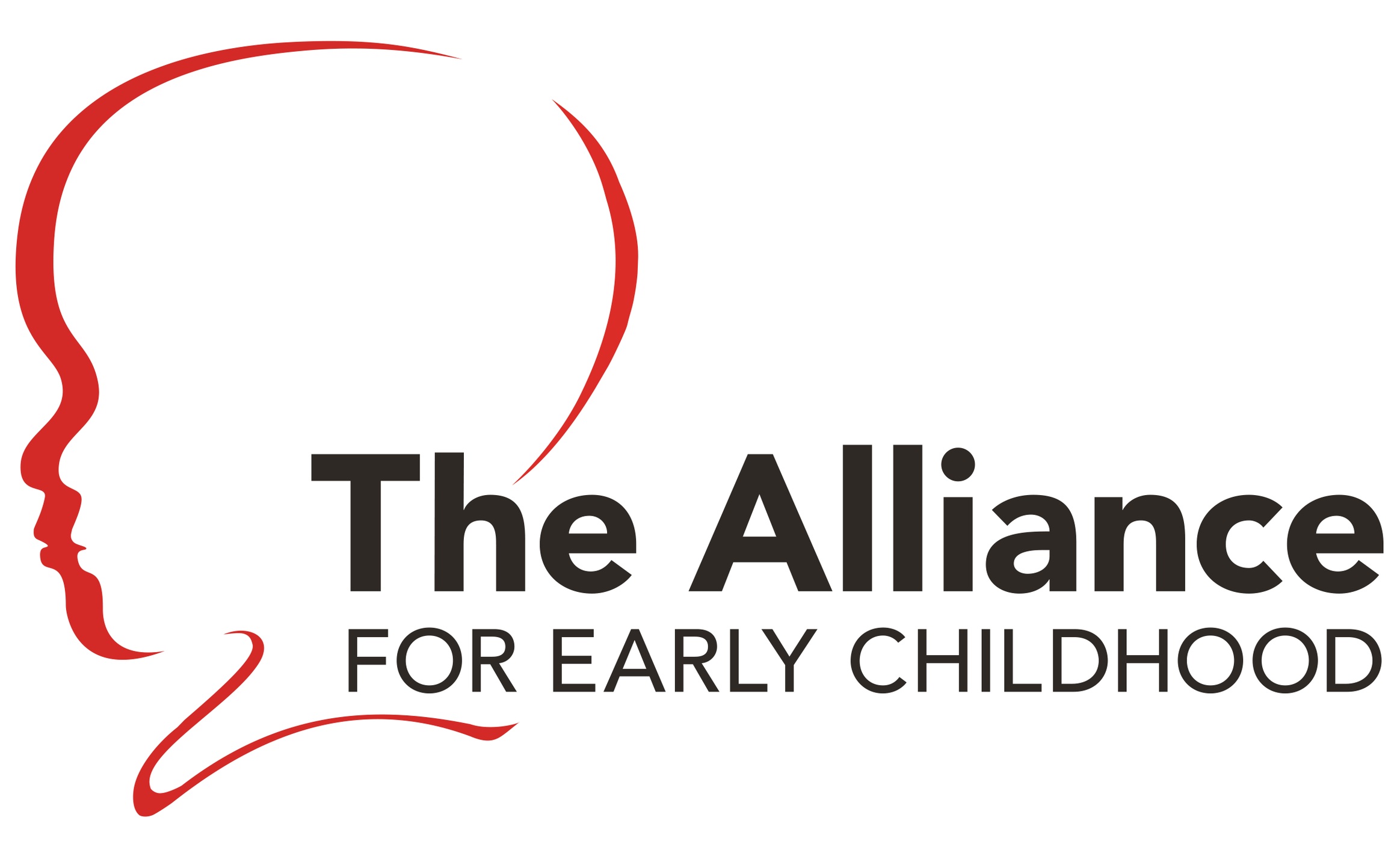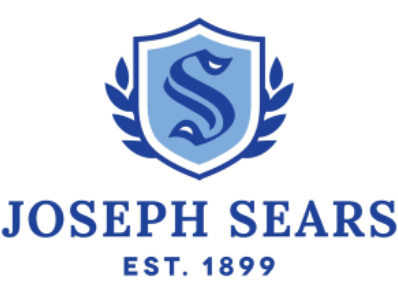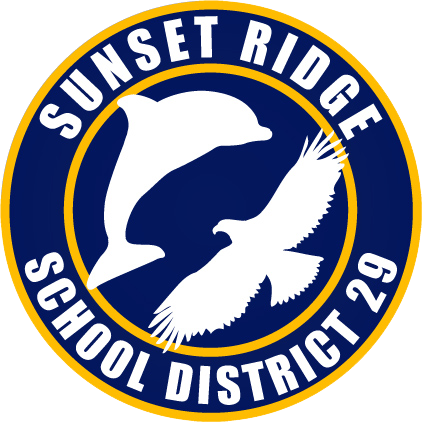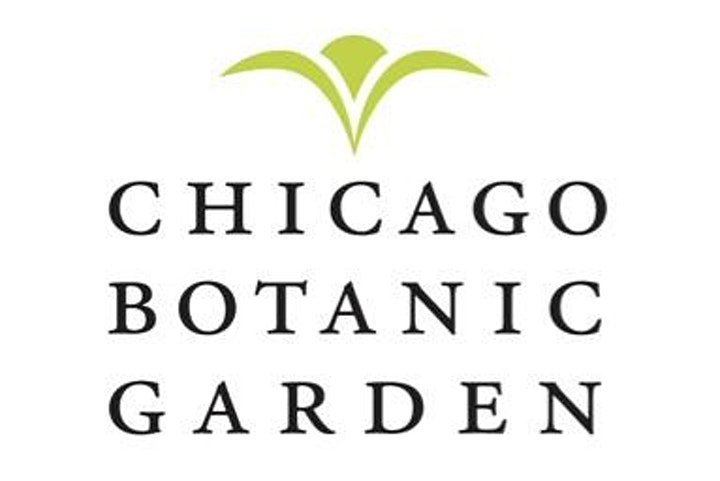Program
Early Friendship: Documenting Relational Processes in Communities of Young Children with Ron Grady
In this talk, Ron invites educators to wonder: What happens when we look closely at children's relationships and how do we document these dynamic, fascinating processes? What are some ways to creatively document these in ways that support children and ourselves in thinking about community in new, deeper ways? By weaving together the theoretical, practical, and artistic dimensions of documenting relationships, Ron encourages educators to be keen observers, intentional chroniclers, discerning curators, and loving listeners with children, and explores how doing so in collegial community with adults and with children, can lead to ever deeper relationship.
All Brains are Beautiful: Neurodiversity-Affirming Strategies and Tools for Co-Creating a Classroom Culture of Belonging for Minds of All Kinds with Stephanie Boron
Neurodiversity is the idea that we can appreciate and celebrate natural diversity in the ways human brains are wired to function. As educators, we have the power to create social change starting in our classrooms. Together, we’ll dig deep into this new way of thinking and we’ll explore take-away tools that you can use with your colleagues and students to co-create a classroom community where all learners feel a sense of true belonging.
The Serious Work of Play: Making Play Accessible to All Kids with Sue Stolzer
More and more young children are struggling in our schools and child care centers for a surprising reason: they lack basic play skills. Research hints at possible causes for this trend and can provide insight into how current societal influences are affecting children’s individual developmental trajectories. Knowing that play is the foundation upon which later development is built, educators have a clear task: to teach play. Through practical strategies, educators can teach children how to meaningfully engage in both functional and pretend play, as well as play with others. These techniques, while necessary for some children to learn play, are great strategies to increase engagement and learning for all.
Exploring Together: Relationship-Based STEM Learning with Ann Gadzikowski
Educators often talk about science, technology, engineering, and math (STEM) as subject areas that are separate from social and emotional learning. In early childhood education, however, relationships are at the heart of everything that happens in our classrooms, including STEM activities. In this session we’ll share ideas for STEM experiences that foster care and connection among preschool and kindergarten children. Our STEM topics will include nurturing a love of nature and the life sciences, generating ideas for collaborative engineering and construction play, and exploring the developmentally appropriate roles of technology in the lives of young children.
Block Area Basics: A Week in the Block Area with Rebecca Burdett
Designed for those new to block building or those who want to get more from their current block area, this workshop focuses on the development and management of the block area, with an emphasis on developing systems that support individuals and partners working for a full week in the block area. Using a set of table blocks, participants will work in small groups to first create a small scale block area. Then, they will go through an accelerated "week" in the block area: Monday, using just blocks, Tuesday, adding accessories, Wednesday, working with a friend, Thursday, documenting work and Friday, sharing the week's work with others. The workshop will culminate in an examination of student work, taken from digital "blockumentation" of preschoolers building collaboratively throughout a week in winter, followed by a discussion of the potential of this promising practice.
Materials Matter: Constructing Community Through Hands-on Collaboration and Exploration with Anna Henerey, Susie Birdsell and Anna Henricks
This interactive workshop will explore how connections and relationships are supported through hands-on collaborative experiences and inquiry. From pvc pipes, old window screens, and light shades, to recyclables, wood, and wire - discover how you can utilize simple, everyday objects to create opportunities for rich interactions that foster a sense of belonging in your classroom. Join us as we tinker together with unique materials and imagine the ways you might use them to design your own invitations for exploration to nurture relationships and build community in your classroom and beyond.
Bringing the Outdoors In with Melissa Siska & Rebecca Brokaw
Explore the power of real things in your classroom learning! Using found, natural objects, we’ll take a dive into the ways that object-based experiences support student learning by driving curiosity, personal connections, critical thinking, and more! Then, we’ll think about ways to build a classroom collection of your own.
They’re Seeking Connection: Reframing the Narrative about Behavior + Teaching the Language of (Co)Regulation with Stephanie Boron
“They’re seeking attention.” What would it be like to rethink the way we view children who are displaying behaviors? What would it be like to explore what we know about their brains and nervous systems? What would it be like to get curious about the way our own nervous system shows up in these tricky moments? Together, we’ll unpack new neuroscience-informed ways to view hard moments and we’ll discover ways that we can use our own verbal and nonverbal language to foster connection and (co)regulation within the life of the classroom.
Denizens and Secret Worlds: Community Block Building in the Block Area with Rebecca Burdett
This workshop will focus on community block building and developing strong partnerships within the block area. In this workshop, in small groups of six, participants first construct their own denizen (either winged, four-legged, two-legged, or other!) out of a cork, found items, and natural materials. Short "bios" are written about the denizens, and shared around the table. The group then works together to use blocks to create an environment that supports the wants and needs of their group's denizens. Each team has a scribe who jots down the story of the constructed world. At the end of the building, participants do a museum walk to see what other worlds have been created. The workshop culminates with an examination of current PreK/K student work captured in digital storytelling, and a discussion of how this particular work can support friendships and collaboration within the block area.
Teachers, Colleagues, Co-Workers and Friends: Reflections on the Hidden Dynamics of Teacher Relationships in the Early Care and Education Setting with Crystal Elliott-O’Connor
This session is designed as a “prism” view of teacher friendships using the social dynamics of race/ethnicity, womanhood, professionalism, hierarchy, and competition. Together, we’ll explore how these dynamics impacted the facilitator’s career-long relationships with colleagues and reflect on how they operate in the early care and education setting today, and what impacts they may be having on teacher relationships. Using the concept of “community” as our foundational need in early learning spaces, we’ll reflect and discover new ways to approach and forge teacher-friendships that strengthen the early care and education environment and foster an authentic sense of safety and belonging for young children.
Using Nature as Your Classroom with Melissa Siska & Rebecca Brokaw
Capitalize on the natural spaces right outside of your door! Learn and explore practical tips and tricks for engaging your students in learning outdoors. Then, plan ways to use these inquiry best practices to foster communication, collaboration, and the foundations of critical thinking in your classroom. Weather permitting, we’ll get our hands dirty and experience student-driven outdoor activities as learners.
Playing with Words: The Power of Language in Play with Judy Roman
Young children’s language skills and play skills grow simultaneously and reinforce each other. The language children create while playing serves as a bridge for later school age social and academic success. In this workshop, we will explore ways of providing language support during play for growing perspective-taking abilities. We will talk through ways of building complex thinking and complex language in the context of play. We will discuss the ways that play, and the language of play, provide skill sets integrally related to academic excellence. We will close with a list of strategies for increasing language growth within a busy classroom routine.
Book Talk with the Librarians: Building Community Culture & Connections with Ann Finstad, Anna Karwowska and Sarah Jo Zaharako
Librarians can be your best allies! Join representatives from Glencoe, Wilmette, and Winnetka-Northfield Public Libraries as they highlight books that help foster peer, classroom, and community connections. Not only will you walk away with a list of great classroom titles, you will also learn what resources the library can offer you!
School Team Breakout Session
If your school has elected to take this time to connect and process at the end of The Summit, then this is the selection for you. The Collaboration Session is designated to allow for reflecting, processing, goal setting, and defining your next steps. Enjoy coming back together with your team, exploring what you have learned, and planning what you would like to take forward in your practice as a school.








